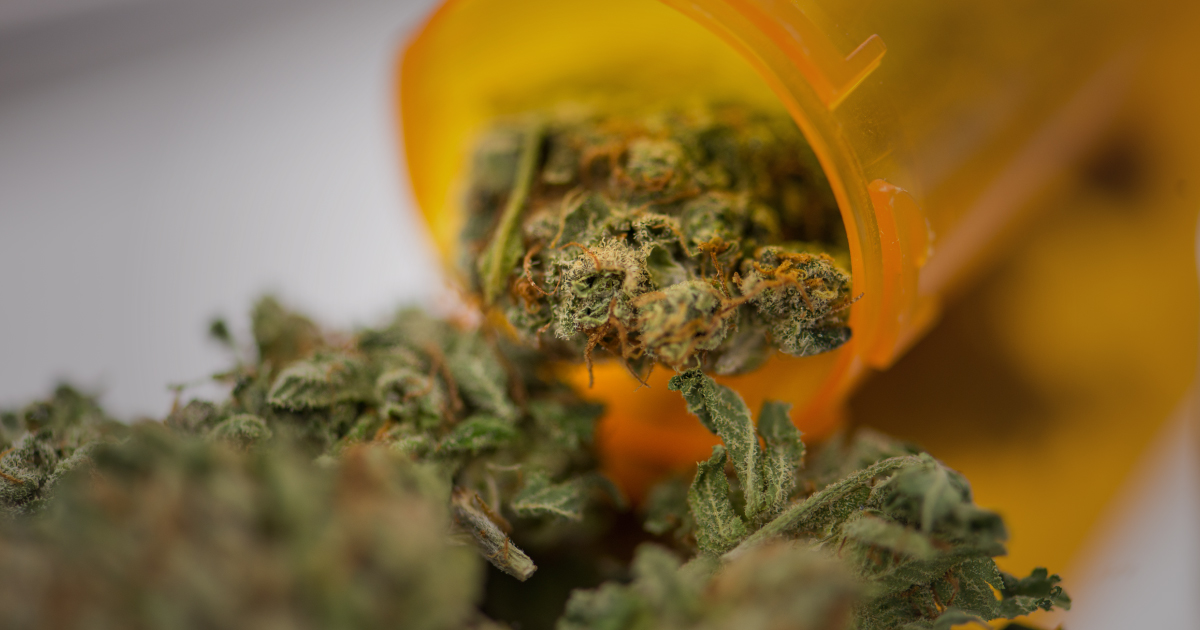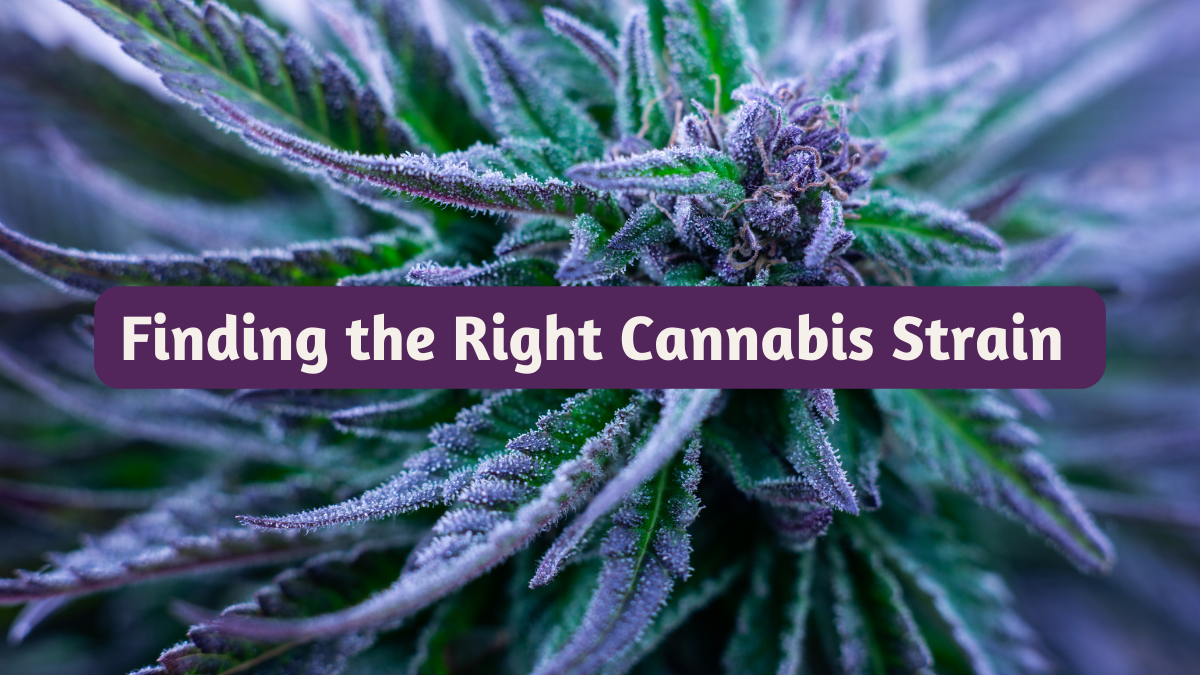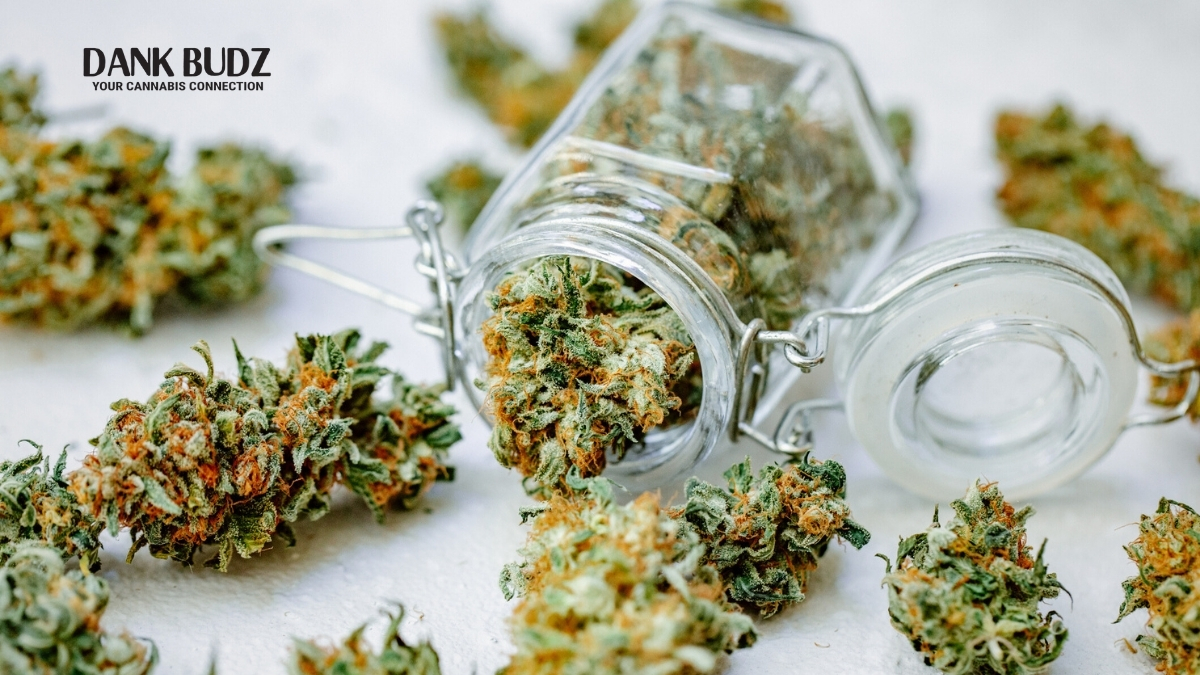
It’s no surprise that regressive and paranoid anti-marijuana institutions continue to sensationalize substance’s risk for addiction. Many of these voices have become even more insistent as the use of marijuana and legalization of weed is becoming more common across the country on a daily basis.
This has encouraged cannabis enthusiasts to educate themselves on the facts when so they can distinguish between fake addiction news and legitimate information about marijuana and long-term health.
That being said, it makes perfect sense for regular marijuana users to be fully informed on the long-term effects of weed on their health. It is also true that researchers believe that about 9% of the people who use weed are are likely to develop a dependent relationship with the substance, so it’s even more important for pro-cannabis individuals to know all the facts and know how to defend their positions.
Taking a deeper dive into the subject is the best way to be aware of marijuana’s possible health risks and benefits, understand it’s long-term bodily impacts, and clear up misconceptions about the relationship between marijuana and other health problems.
How Does Cannabis Affect the Body?
First, a quick refresher on how marijuana interacts with the brain on a chemical level. The THC released when marijuana is consumed exerts its effects on parts of the brain known as cannabinoid receptors. With these receptors are activated, the brain begins to release additional dopamine and the user also experiences psychotropic effects.
There have been no known cases of a person overdosing on marijuana and the body can not become physically dependent on marijuana in the same way it can become dependent on heroin or prescription opioid medication. When researchers discuss cannabis addiction they are actually referring to a psychological dependence. More simply stated, an individual in this state feels compelled by a mental fixation with getting high to prioritize the experience over his friends, family, career, and personal health.
Marijuana Health Research Results Are Mixed
There are plenty of theories as to how or why a person can become psychologically addicted to a behavior, whether that be sex or gambling or something else. None of this offers much specific insight into how and why people might become mentally fixated with marijuana, or how likely this is to occur.
There is more information, however, on marijuana’s overall effects on the body and the brain. Being fully informed on these potential benefits and risks of long-term marijuana use is the easiest way for cannabis users to make an informed decision about their own usage.
Regular Use Has Known Benefits
One aspect of the cannabis use that often goes understated is its potential to improve long-term health. Researchers have discovered strong evidence to support weed’s use as a treatment for chronic pain, a helpful supplement for chemotherapy to boost patient comfort, and a way to treat seizures caused by epilepsy or other health conditions.
There is also limited evidence to support the use of cannabis as a treatment for appetite loss, sleep loss, and generalized anxiety. Furthermore, scientists believe there is potential to use cannabis as way to help control for muscle spasms caused by multiple sclerosis.
Use Among Children Causes Changes to the Brain
It is also relevant to consider research that suggests that marijuana use affects the structure of the brain when used by children and teenagers. The more heavily and earlier in life that underage individuals begin to use marijuana, the more likely they may suffer from negative developmental impacts. This phenomenon is not unique to marijuana. Early exposure to alcohol also has negative effects on children.
This trend points to the importance of common-sense laws regarding the use and availability of marijuana, but does not suggest that there is an increased risk for marijuana addiction sweeping the nation. In fact, the bigger risk is created when young adults are kept in the dark about marijuana and unfamiliar with the risks of starting to use the substance too early.
Potency Has Increased
Another factor to consider when investigating whether or not there’s an increased risk for weed addiction nationwide is potency. Data collected by researchers suggests that the average THC levels found in modern marijuana are over ten times greater than they were in the past.
While it’s easy to see why some anti-marijuana lobbyists may make the argument that this increases the substance’s potential for misuse, cannabis proponents beg to differ.
“It just means people need to consume less to achieve the desired effect,” argues Morgan Fox, chief spokesman for the National Cannabis Industry Association, in an interview the PEW Research Center. He also emphasized that the Association does not dispute the potential for some individuals to become dependent on marijuana but notes that the risks are clearly indicated on the industry’s products.
Additionally, there has been no research or data collected connecting the potency of THC in marijuana with an increased susceptibility to psychological dependence.
Stay Informed About Marijuana Use and Addiction
Keeping up with the facts and challenging misinformation about marijuana and addiction can be a challenge. Thankfully, you don’t have to do it alone. You can get more information about cannabis health and learn from the experts on a regular basis here at Dank Budz, a dedicated digital resource for the cannabis community.




